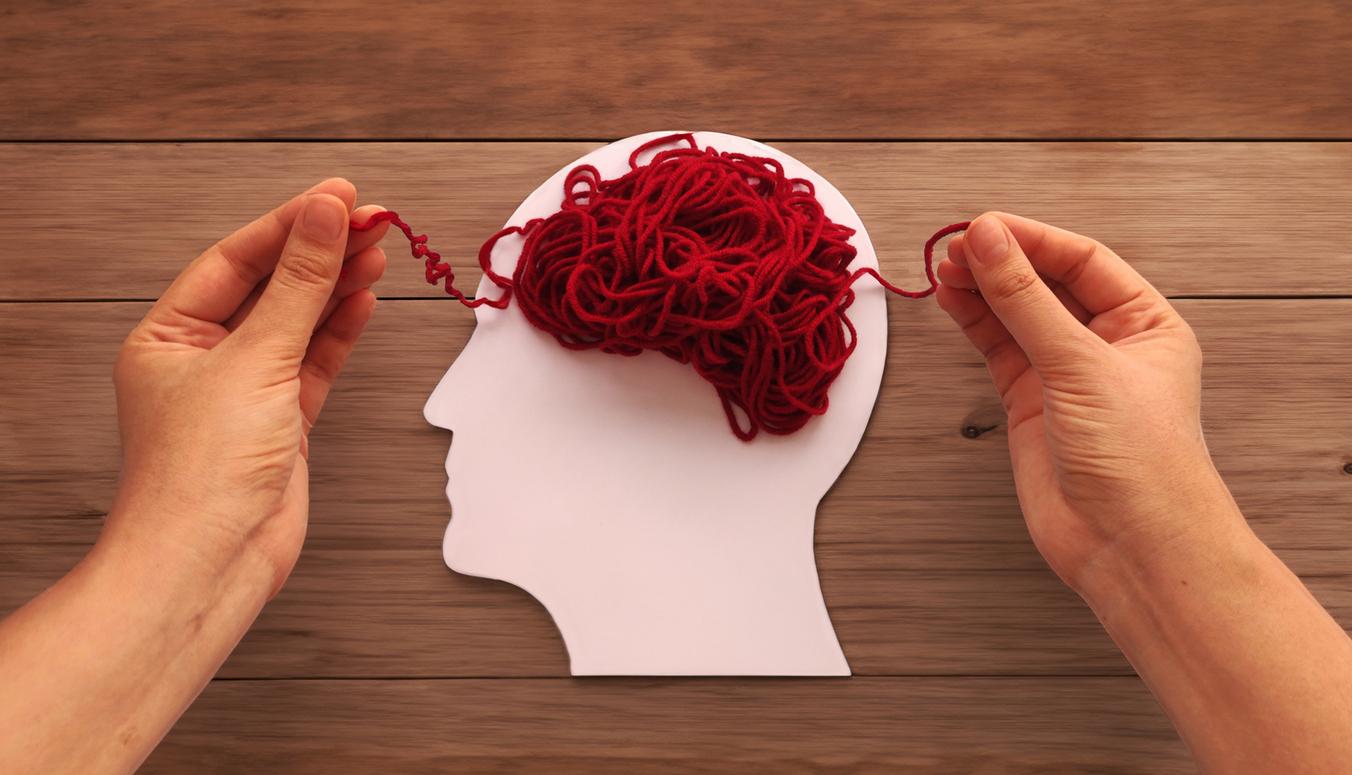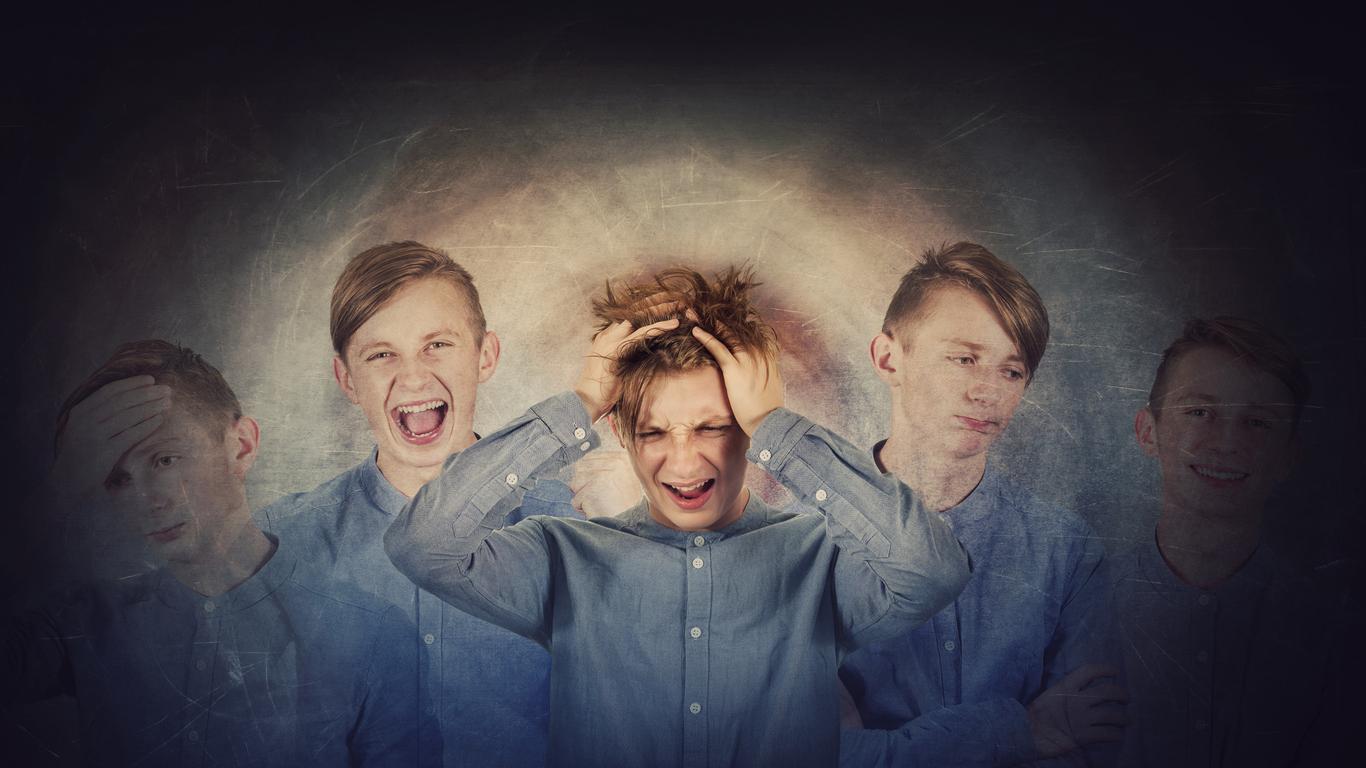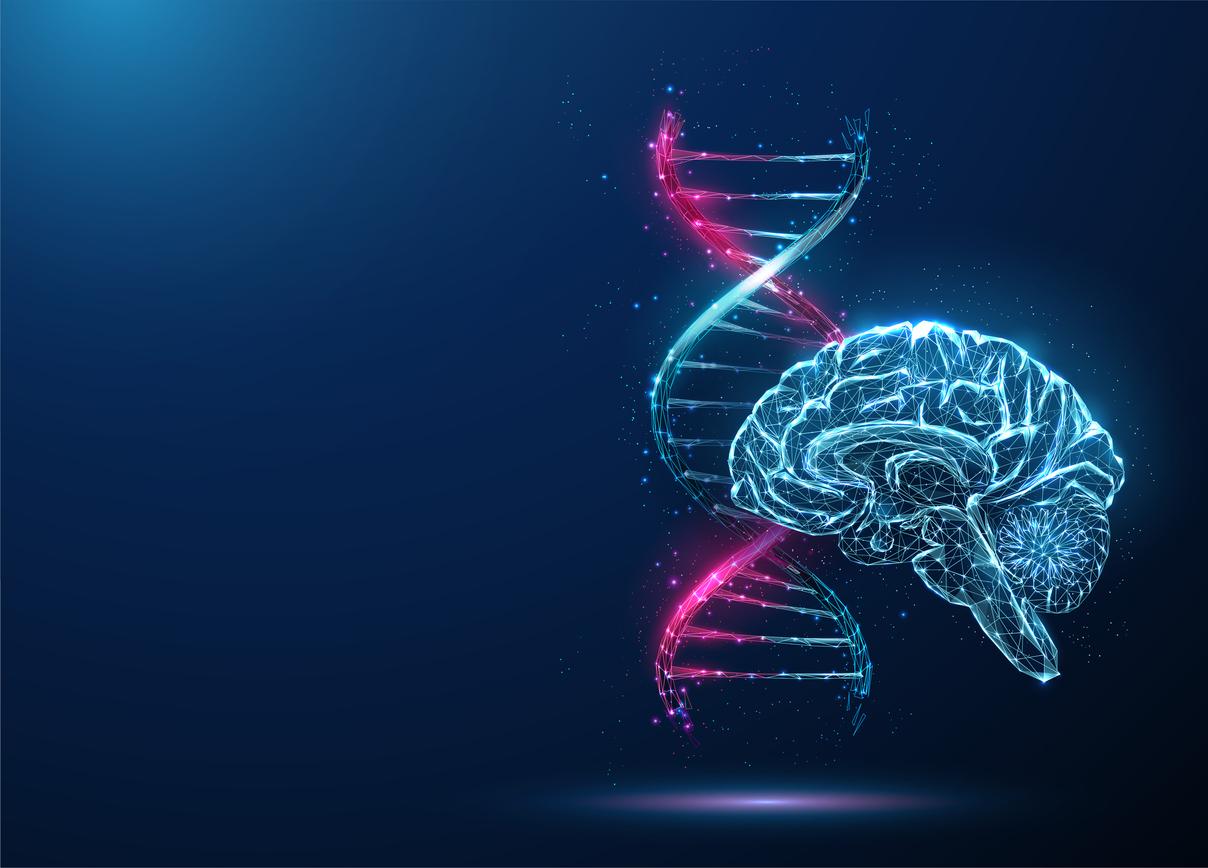Schizophrenia is a chronic mental illness characterized by difficulties in sharing an interpretation of reality with others, which results in bizarre, sometimes delusional, behaviors and speeches. Schizophrenia is commonly treated by taking neuroleptics (also called antipsychotics) but medical authorities in many countries recommend accompanying this treatment with cognitive and behavioral therapy to relieve the cognitive symptoms associated with the disease (attention disorders, memory, information processing speed).
However, a new analysis from the University of Hertforshire in Great Britain suggests that cognitive therapies ultimately have little effect on symptoms of schizophrenia.
An analysis of 50 global studies
To reach this conclusion, researchers led by Prof Keith Laws, professor of neuro-psychology at the University of Hertforshire, analyzed some 50 studies published on the subject over the past 20 years. They found, especially in blinded studies, that cognitive behavioral therapies had little effect on delusions and hallucinations, while symptoms were primarily targeted by these therapies.
Hallucinations are the main symptom experienced by people with schizophrenia. These are most often auditory hallucinations that take the form of imaginary voices, sometimes strange or persecuting. In addition, the sick person presents fits of delirium. She imagines that the person who looks at her or who crosses her in the street is there to spy on her. She feels watched, persecuted, in danger. This new study suggests that the systematic prescription of cognitive therapy as part of the treatment of schizophrenia should be questioned.


















